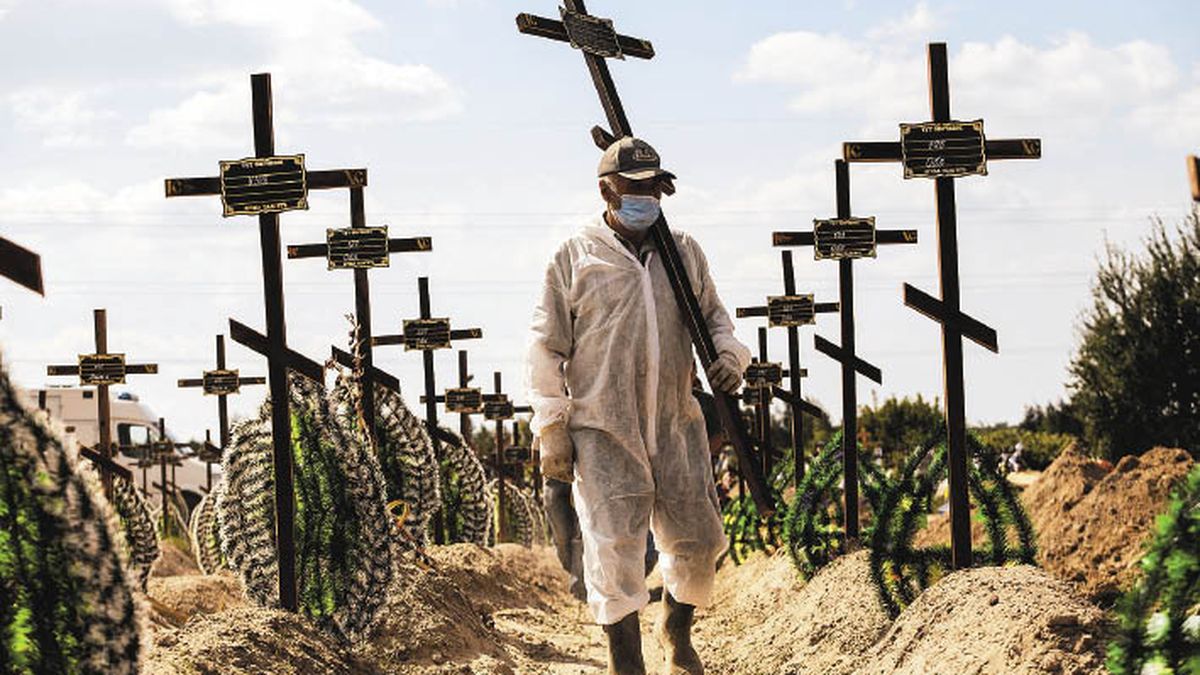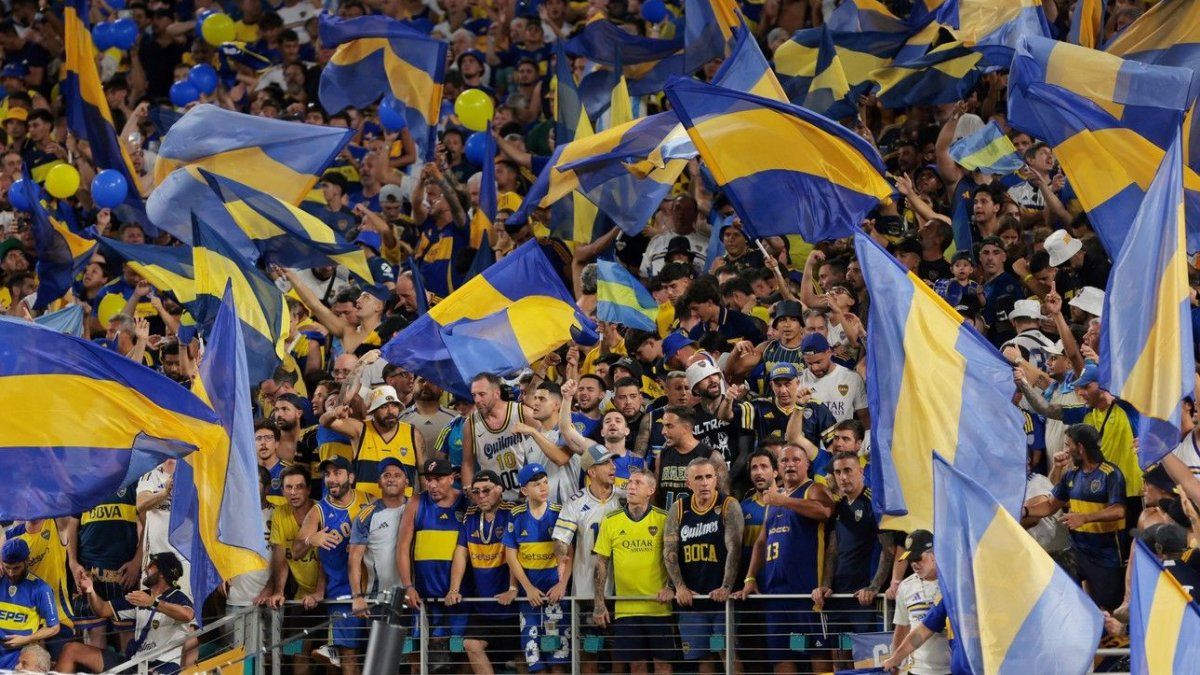“Russia and Ukraine are major producers of raw materials, and the shocks caused a spike in world prices, especially for oil and natural gas; food costs skyrocketed; wheat, of which Ukraine and Russia export 30% worldwide, reached historic prices”, indicated the IMF.
In this sense, energy prices in the European Union (EU) skyrocketed due to the suspension of gas supply by Russia (the main supplier), thus causing one of the biggest energy crises in the region.
Natural gas prices in Europe fell at the end of 2022 to 76 euros per megawatt hour (MWh), very close to the 75 euros registered in December 2021, before the invasion.
Last August, due to the shortage, prices in the EU reached a record high of 350 euros per MWh, before which European buyers managed to cover their supply for the winter, importing liquefied natural gas (LNG) from other countries.
The rise in consumer prices in the United States (USA) led the Federal Reserve (Fed) to raise interest rates on February 1 between 4.50% and 4.75%.
According to the IMF, consumer prices climbed 7.3% in 2022 in developed countries, 3.9 percentage points more than what was forecast by the agency in January 2022, and 9.9% (5.9% was estimated ) in the underdeveloped or developing countries.
Indeed, the international price of food continued to drop in January this year, with 131.2 points, and has been falling for 10 consecutive months, according to the latest indicator from the Food and Agriculture Organization of the United Nations ( FAO).
For its part, the World Bank (WB), in its latest update on food security, stated that “domestic inflation of food prices continues to be high throughout the world.”
Between September and December 2022, there was “high inflation in almost all low-income (83.3%) and middle-income (90.5%) countries, with 91% of upper-middle-income countries registering higher inflation levels at 5%, and many experience double-digit inflation,” the World Bank asserted.
Even the price of fertilizers -Russia was until then the main supplier- had an impact, for example, in Spain, where its government will invest 300 million euros to assist farmers in the acquisition of fertilizer for the fields, beyond the fact that the BM will propose a “decrease, but with historically high levels.”
In the United Kingdom (UK), a report by the Bank of England detailed just after the start of the conflict that “world oil prices have increased by 11% and those of wholesale gas in the UK have risen by 40% since the invasion”, while that in March 2022 “British consumer confidence fell to its lowest level since November 2020”.
Regarding the invasion of Ukraine, Russia -like Belarus, for supporting the advance of the country governed by Vladimir Putin- is under sanctions -still in force- against its goods, services and associations imposed by the EU, the UK and the US .UU., among others.
The WB stopped all its activities in that country as of March 2, 2022; credit card companies Mastercard and Visa blocked all transactions linked to Russian institutions on March 1; and the government in Washington ordered all state agencies and authorities to review and divest public funds from Russia; among other similar measures by countries such as Australia and Norway.
For their part, the energy companies Exxonmobil, Shell, BP and TotalEnergies canceled their operations and sales to Russia, while Russian gas exports, through its firm Gazprom, fell 25.1% (to 184.4 billion cubic meters) in 2022 as a result of “the refusal of European countries to buy Russian gas, and the sabotage of the Nord Stream 1 and 2 gas pipelines,” said Deputy Prime Minister Alexandr Novak.
However, the official celebrated the “growth potential of gas supply to the Asia Pacific region”, with China in the lead; Thus, sales through the Siberian Force gas pipeline in the Russian Far East grew 48% and reached an all-time high of 15.4 billion cubic meters, Novak said.
Linked to entertainment, firms such as Disney, Netflix, Sony Pictures and Crunchyroll suspended their services in that country; as well as Formula 1, FIFA and UEFA, among other federations, excluded Russian athletes and/or teams from their competitions.
Other sectors that adhered to the boycott were food and beverages, such as McDonald’s, which left Russia on May 16, 2022 and sold all its stores; technology (Apple, Google, Microsoft, among other firms); textiles (Nike, Adidas, Chanel).
The automobile manufacturers Ford, General Motors, Renault, Toyota also joined; of trucks Daimler Truck Holding AG; and Harley-Davidson and Yamaha motorcycles.
Similarly, the shipping and transportation sectors, which also influenced the high costs of freight to Russia: UPS and FedEx suspended their shipments; Maersk, MSC, CMA CGM, Hapag-Lloyd and Ocean Network Express stopped container shipments to Russia, except for basic food items, medicines and humanitarian aid.
telam
Source: Ambito




